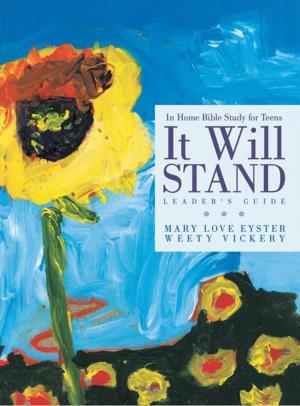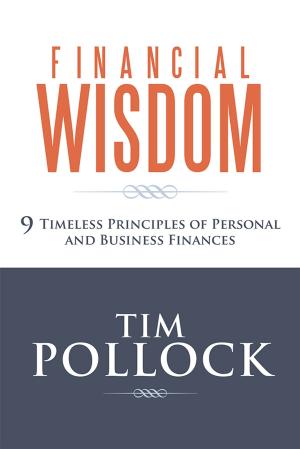Christian Ethics
Where Life and Faith Meet
Nonfiction, Religion & Spirituality, Theology, Ethics, Christianity| Author: | Russell A. Morris | ISBN: | 9781512711080 |
| Publisher: | WestBow Press | Publication: | August 14, 2015 |
| Imprint: | WestBow Press | Language: | English |
| Author: | Russell A. Morris |
| ISBN: | 9781512711080 |
| Publisher: | WestBow Press |
| Publication: | August 14, 2015 |
| Imprint: | WestBow Press |
| Language: | English |
Within the Christian community at large there is often little correlation between scriptural guidelines for Christian living and the lifestyle practices and behavior of believers. Christian social scientist, George Barna, has done extensive research in this area that reveals alarming data. For example, nearly nine of ten adults state that religious faith is very important in their lives. However, only one in five adults claims that the Bible is the dominant influence in their decisions regarding lifestyle practices. Further research suggests that there is often little difference between the lifestyle practices of Christians and non-Christians. This nominal difference in lifestyle practices and behavior between Christians and non-Christians, as well as the minimal correlation between Scripture and practice among many Christians, produced an interest in this area of practical theology.
Serving as a Christian pastor over the past two decades, the reality of Barnas research has been observed personally. The biblical parallel of the prevailing apathy within todays churches is seen in Judges 21:25 (NASB), In those days there was no king in Israel, everyone did what was right in his own eyes. That is, in those days there was no accepted standard of truth. Likewise, only one in four American adults believes in the existence of absolute truth. As a result, the relationship between doctrine and practice, belief and behavior, is often minimal, with many Christians doing only what is right in their own eyes, rather than allowing Gods Word to influence their mode of living.
A distinct relationship between belief and behavior is seen in I Timothy 4:16. In this passage, Paul clearly identifies a correlation between what one believes (doctrine) and the lifestyle (behavior) one lives when he writes, Watch your life and doctrine closely. Persevere in them, because if you do, you will save both yourself and your hearers. From this verse it is clear that there are two areas in the life of the Christian that need to be scrutinized and pursued, namely, belief and behavior. The fundamental thesis of this book is that a deeper understanding of Christian ethics will inform and facilitate the Christian life.
Within the Christian community at large there is often little correlation between scriptural guidelines for Christian living and the lifestyle practices and behavior of believers. Christian social scientist, George Barna, has done extensive research in this area that reveals alarming data. For example, nearly nine of ten adults state that religious faith is very important in their lives. However, only one in five adults claims that the Bible is the dominant influence in their decisions regarding lifestyle practices. Further research suggests that there is often little difference between the lifestyle practices of Christians and non-Christians. This nominal difference in lifestyle practices and behavior between Christians and non-Christians, as well as the minimal correlation between Scripture and practice among many Christians, produced an interest in this area of practical theology.
Serving as a Christian pastor over the past two decades, the reality of Barnas research has been observed personally. The biblical parallel of the prevailing apathy within todays churches is seen in Judges 21:25 (NASB), In those days there was no king in Israel, everyone did what was right in his own eyes. That is, in those days there was no accepted standard of truth. Likewise, only one in four American adults believes in the existence of absolute truth. As a result, the relationship between doctrine and practice, belief and behavior, is often minimal, with many Christians doing only what is right in their own eyes, rather than allowing Gods Word to influence their mode of living.
A distinct relationship between belief and behavior is seen in I Timothy 4:16. In this passage, Paul clearly identifies a correlation between what one believes (doctrine) and the lifestyle (behavior) one lives when he writes, Watch your life and doctrine closely. Persevere in them, because if you do, you will save both yourself and your hearers. From this verse it is clear that there are two areas in the life of the Christian that need to be scrutinized and pursued, namely, belief and behavior. The fundamental thesis of this book is that a deeper understanding of Christian ethics will inform and facilitate the Christian life.















